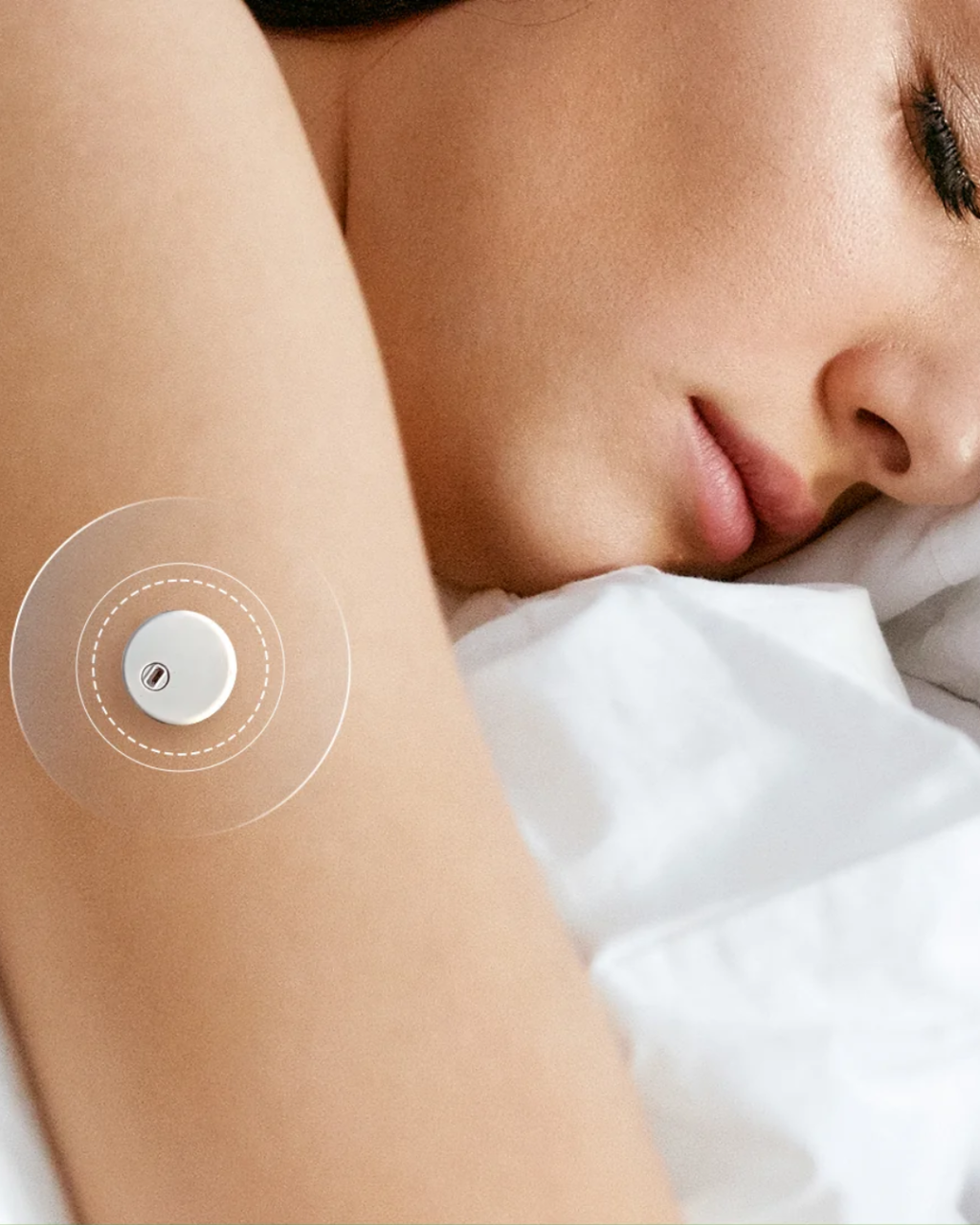Blood sugar level before bedtime: tips for better sleep and health
Blood sugar levels significantly affect our overall health, including sleep quality. Nighttime blood sugar fluctuations can cause sleep disturbances, fatigue, and, in the long term, serious health risks. Let’s explore what blood sugar levels should be before bedtime and how to achieve balance.
Normal blood sugar level before sleep
People without diabetes
According to European health guidelines, the blood sugar level of healthy individuals before bedtime should be between 3.9–5.6 mmol/L. This helps ensure optimal morning blood sugar and well-being.
People with diabetes
In Estonia, it is recommended that people with diabetes keep their blood sugar between 5.6–10 mmol/L before sleep to avoid nighttime fluctuations and hypoglycemia.
Why can blood sugar rise or fall before bedtime?
- Late meals and sugary foods – Foods high in sugar and late eating can cause rapid spikes in blood sugar followed by sharp drops.
- Physical activity and timing – Intense exercise right before bed can affect glucose balance.
- Stress and hormones – Cortisol and other stress hormones can cause blood sugar to rise.
Monitoring and controlling blood sugar levels
Glucose monitoring
Regular blood sugar measurement helps prevent large fluctuations and provides better insight into how the body reacts to food and physical activity. The most convenient way is to use a continuous glucose monitoring system like LinX. More information can be found on our website: LinX starter kit
Home measures
To prevent low blood sugar, you can eat a small portion of protein-rich and slow-digesting carbohydrates before bedtime.
Nutrition and blood sugar before sleep
What to eat to keep blood sugar stable?
- Whole grain products
- Nuts and seeds
- Low glycemic index fruits and vegetables (e.g., apple, carrot, cabbage, peas, beans, orange, grapefruit, banana, corn, kiwi, plum)
- Healthy fats (e.g., avocado, olive oil)
Foods to avoid before bedtime
- Refined carbohydrates (e.g., bread, white rice)
- Alcohol
- Sugary drinks and sweets
Lifestyle tips for maintaining blood sugar balance
- Regular sleep rhythm – Fixed bedtimes and wake-up times help keep blood sugar stable.
- Stress management techniques – Meditation and breathing exercises can lower cortisol levels.
- Daily movement – Regular physical activity improves insulin sensitivity and helps keep blood sugar under control.
Nutrition tips before sleep
- Eat lightly and moderately – Avoid heavy and fatty meals before bedtime, as they may cause digestive problems and disturb sleep. Ideally, leave at least 3 hours between your last meal and falling asleep.
- Prefer protein-rich and low-glycemic foods – For example, cottage cheese, Greek yogurt, eggs, or a handful of nuts help stabilize blood sugar and support muscle recovery.
- Avoid caffeine and stimulants – Coffee, energy drinks, and even dark chocolate can disrupt sleep. Avoid consuming stimulating foods at least 6–8 hours before bedtime.
- Limit alcohol consumption – While alcohol may initially make you sleepy, it worsens sleep quality.
- Drink enough water, but not excessively – Avoid excessive fluid intake before bedtime to prevent waking up at night to use the bathroom.

Exercise tips before sleep
- Avoid intense exercise right before bedtime – Vigorous workouts raise body temperature and adrenaline levels, which may disturb sleep. It is recommended to finish training at least 2–3 hours before bedtime.
- Before bed, choose calm and relaxing activity – A walk in fresh air, light stretching, or yoga helps the body and mind unwind.
- Try breathing exercises – Deep breathing and diaphragmatic breathing help reduce stress and promote sleep.
- Relaxation exercises – Light yoga, muscle relaxation, or meditation techniques help reduce stress levels and prepare the body for sleep.
Additional tips for better sleep
- Keep the bedroom cool (16–20°C)
- Avoid using screens (phone, computer, TV) 1 hour before bed
- Establish a fixed sleep routine and go to bed at the same time every day
- Drink a small cup of calming tea (such as chamomile, valerian, lemon balm) before falling asleep